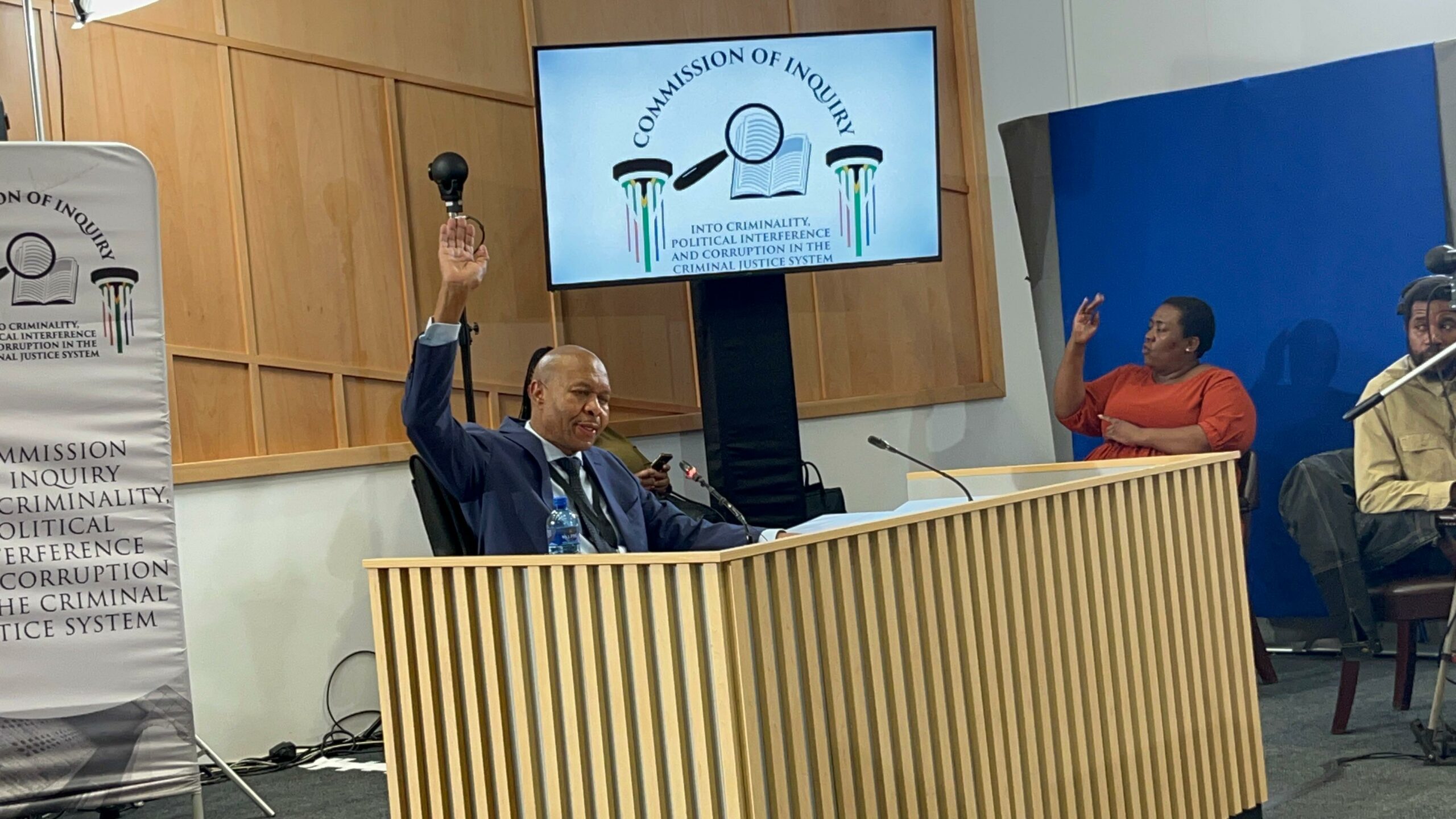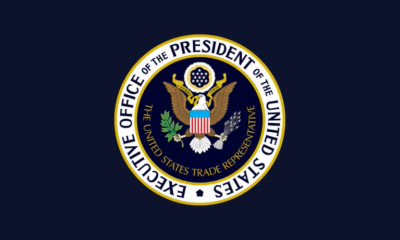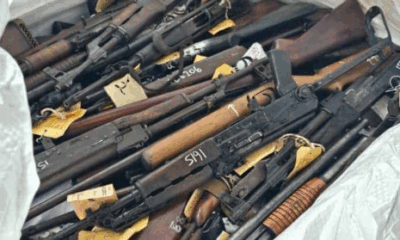News
Suspended EMPD Chief Renews Call For Metro Cops To Get Investigative Powers

Suspended Ekurhuleni Metro Police Department (EMPD) head Isaac Mapiyeye has once again urged that metro police officers across South Africa be granted investigative powers, arguing that it would help reduce crime and strengthen the justice process in urban areas.
Testifying Before The Madlanga Commission
Mapiyeye appeared before the Madlanga Commission of Inquiry in Pretoria, where he reiterated his long-held stance that municipal law enforcement agencies should not have to rely solely on the South African Police Service (SAPS) to complete investigations after arrests.
He explained that while metro officers often make initial arrests, they are sidelined once the cases move into the investigative phase, leading to frustration and inefficiencies in the justice system.
The Call For Greater Autonomy
Sharing a practical example, Mapiyeye pointed to drunk driving cases. “You arrest a drunken driver and hand over the blood samples at the police station. At times you don’t even get feedback as to what happened with that blood box. Sometimes they don’t even arrive at the lab,” he said.
He believes empowering metro police with investigative authority would improve accountability and follow-through, ensuring cases don’t fall through the cracks. “If we were doing that ourselves, we could deliver better results for our communities and reduce crime in our cities,” he added.
Ongoing Controversy Around His Suspension
Mapiyeye’s testimony comes while he remains on precautionary suspension following allegations of sexual assault and intimidation made by a female staff member in 2024. It is also believed his appearance relates to allegations against current acting EMPD head Julius Mkhwanazi, who has been linked to businessman and criminally accused tender mogul Vusimuzi “Cat” Matlala.
While those details are still unfolding before the commission, Mapiyeye’s renewed advocacy for reform in metro policing adds to a broader national debate about how much power municipal law enforcement should wield.
A Long-Standing Debate In South African Policing
The question of whether metro police departments should be allowed to investigate crimes has been raised for years. A 2019 parliamentary research paper found that the lack of investigative powers remains one of the key limitations facing metro police, especially in handling traffic, bylaw, and local crime matters.
Public sentiment has also been mixed. Some South Africans on social media have voiced support for the idea, arguing that metros like Johannesburg, Tshwane, and Ekurhuleni would operate more efficiently if their officers had investigative authority. Others worry that expanding those powers could lead to overlapping jurisdictions and further confusion in law enforcement structures already strained by corruption scandals.
Reform Or Overreach?
As the Madlanga Commission continues to unpack corruption allegations and governance failures across municipal police services, Mapiyeye’s call reignites a complex conversation about accountability, crime prevention, and the future of urban policing in South Africa.
For now, his message is clear: cities need more than traffic controlthey need empowered officers who can investigate, prosecute, and protect their communities from within.
{Source:EWN}
Follow Joburg ETC on Facebook, Twitter , TikTok and Instagram
For more News in Johannesburg, visit joburgetc.com

























